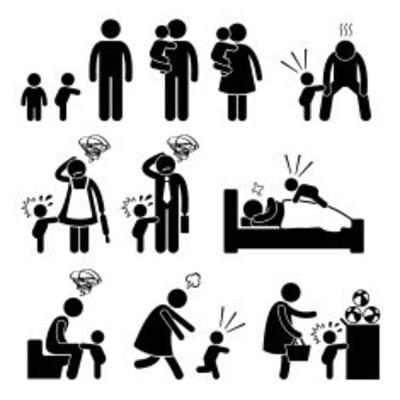In March of 2020, the COVID-19 pandemic dug its roots deep into every facet of our society, our economy, and even our justice system. For the first time in modern history, the majority of California Courts completely shut down. This is true not only of the civil court system, but also the criminal system, leaving inmates unsure of when they would have their day in court. Nobody knew when operations would resume, attorneys were unsure of what the immediate future held for their clients, and all we could do was wait for the courts to respond. Now, nearly a year later, court operations are finally inching closer to being fully functional, but criminal courts have been affected as a result of safety measures put in place during the COVID-19 pandemic. These changes not only affect cases filed in the “pre-pandemic” era, but also those that will be filed in the future.

In the “pre-pandemic” era, with limited exceptions, criminal matters were required to be heard in person, whether misdemeanor or felony. That is no longer the case. In an effort to uphold CDC guidelines and avoid crowded courtrooms, counties throughout California now allow for the majority of hearings to be conducted telephonically or through video conferencing, thereby eliminating lengthy commutes to and from courthouses in rush hour traffic, and eliminating “in-court” appearance requirements for criminal defendants and their attorneys.
While the elimination of certain “in-person” appearances may be construed as a convenience, in reality, in the beginning it was anything but convenient. Not only were criminal attorneys and litigants appearing remotely, but so were judges and courtroom staff. Many judges were left to determine which cases could be postponed during the pandemic and which cases must move forward. Even more frustrating for criminal attorneys, for a period of months courts prohibited the filing of new non-essential proceedings (anything other than violent felonies), leaving clients frustrated and confused as to why their case was not moving forward. Luckily “non-essential” filings have since resumed, but remain on a much smaller scale. As a result, many cases have become protracted and lengthy due to COVID-19 quarantining, the need to limit the volume of cases on the court’s calendar, and the general lack of full functionality of the court system. Time restrictions have been lengthened on when a case can proceed to trial, and priority has been given to “essential cases.”

In an effort to change with the times, many law offices, including MBM & ASSOCIATES, have taken measures to maintain operations in light of COVID 19 restrictions by eliminating in-person contact all together, and becoming virtual. MBM & ASSOCIATES has taken a hybrid approach, allowing for virtual court appearances, virtual client consultations, and a virtual work environment to ensure the safety of both its employees and the public. Even so, MBM & ASSOCIATES continues to maintain a physical office where clients can meet in person when necessary to ensure their peace of mind in maintaining confidentiality, while at the same time respecting social distancing and CDC guidelines.
As the “new normal” continues to evolve, so will MBM & ASSOCIATES. If you are looking for legal help for you or your loved ones, don’t wait; contact us today.






